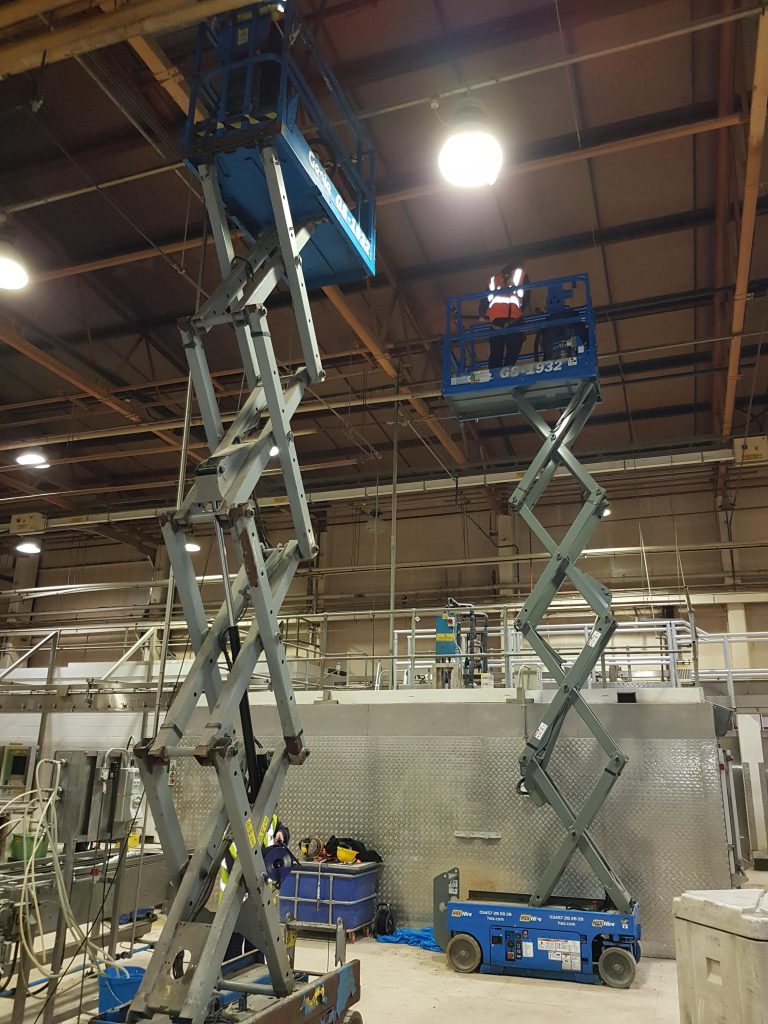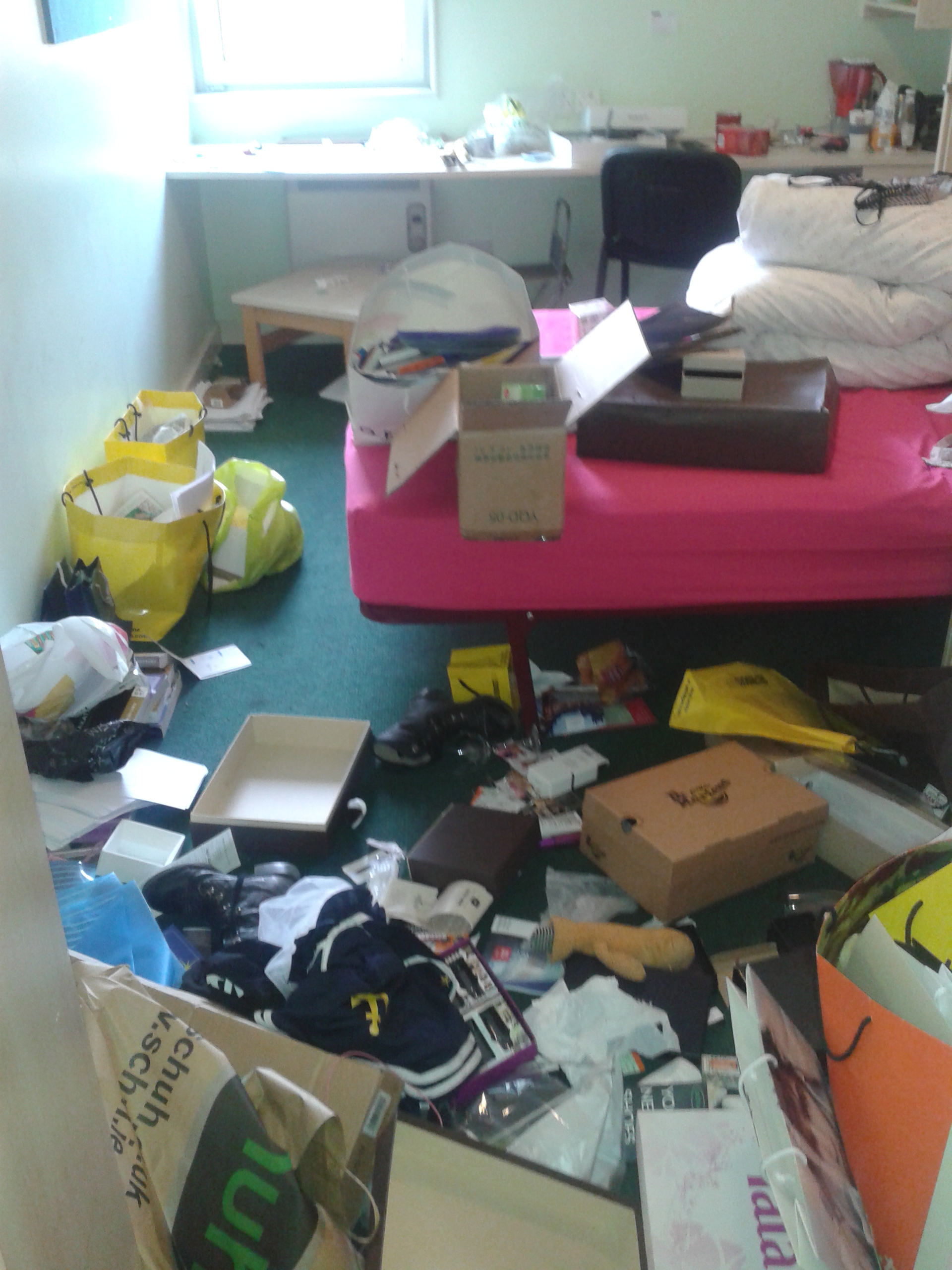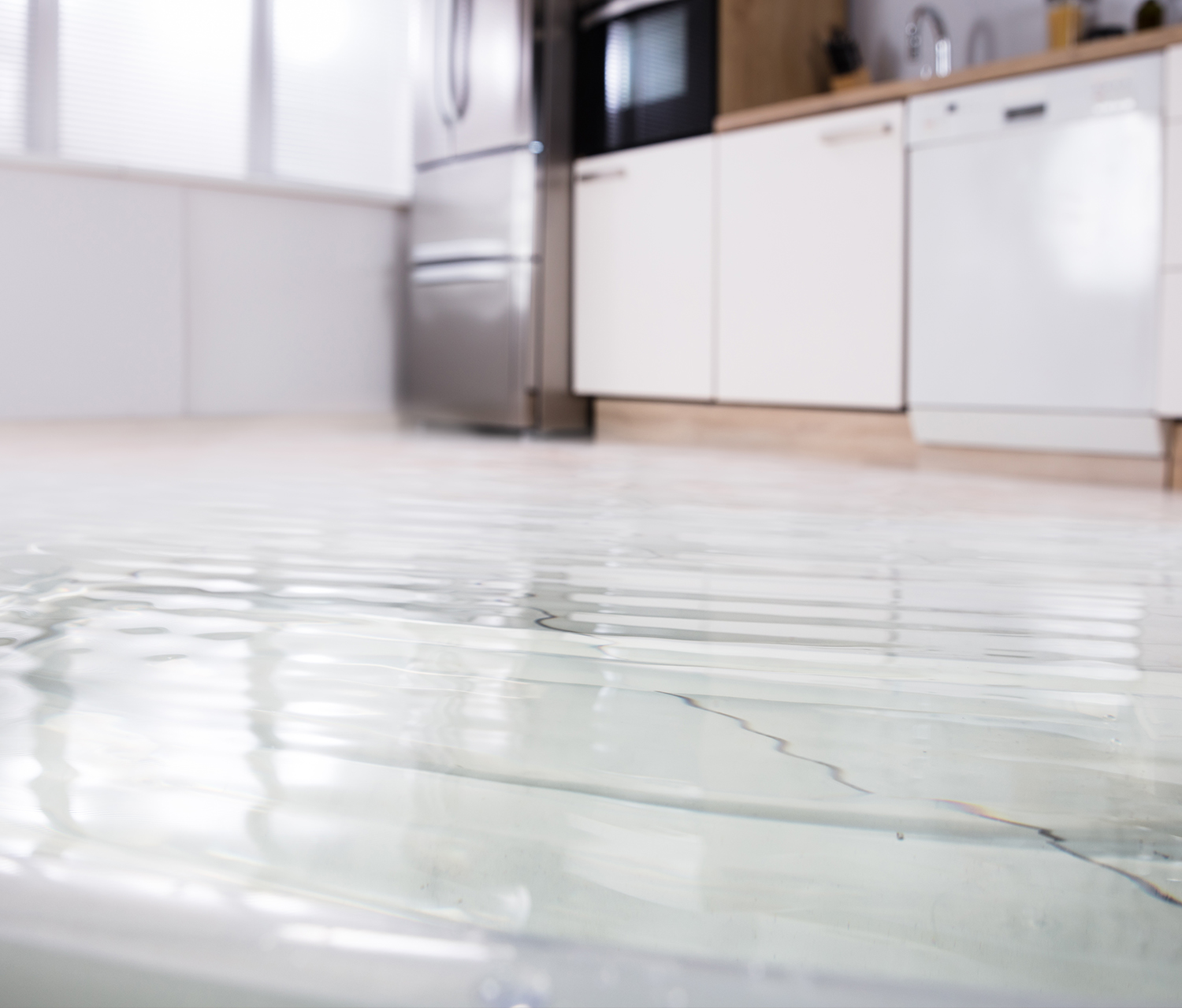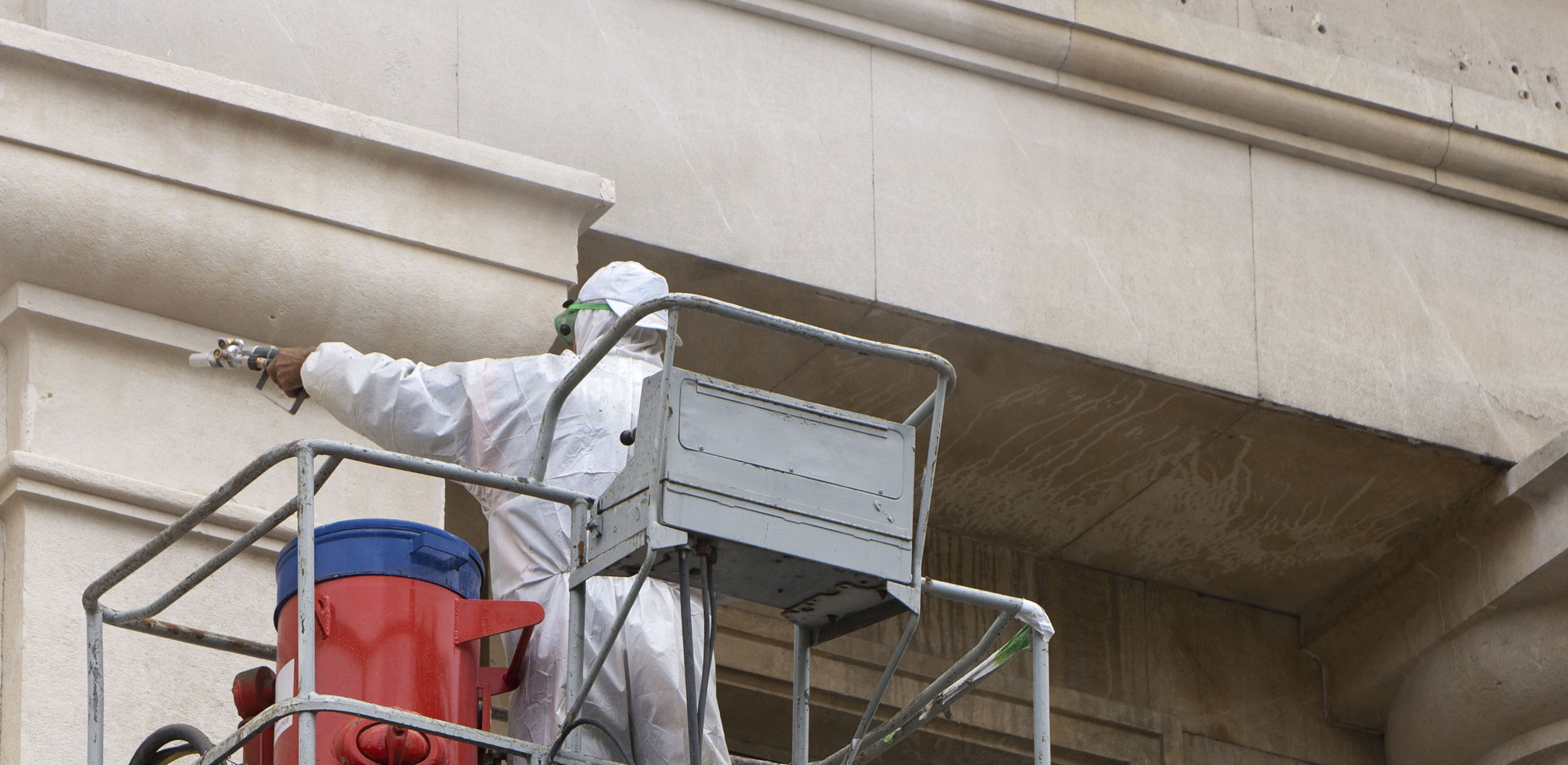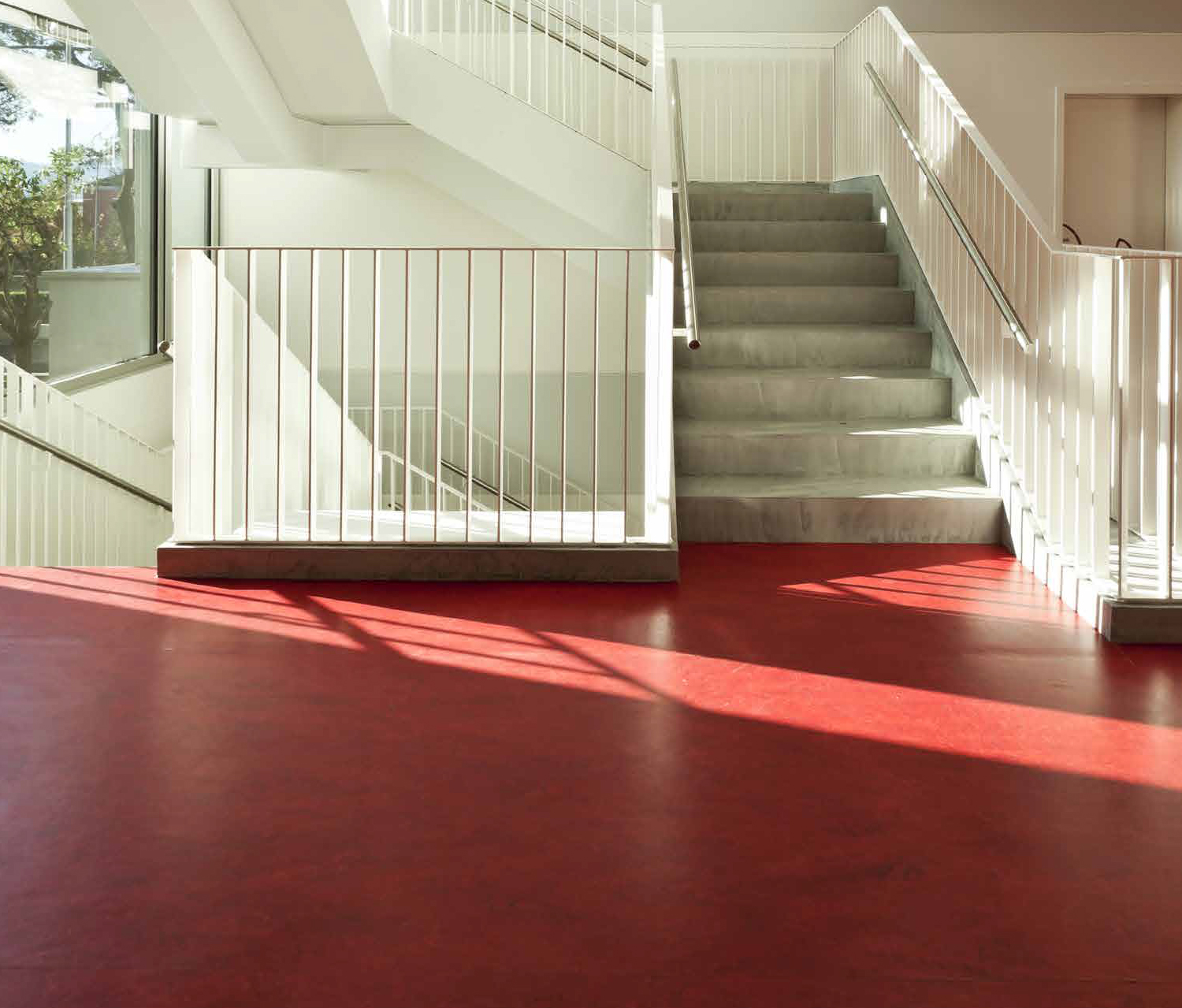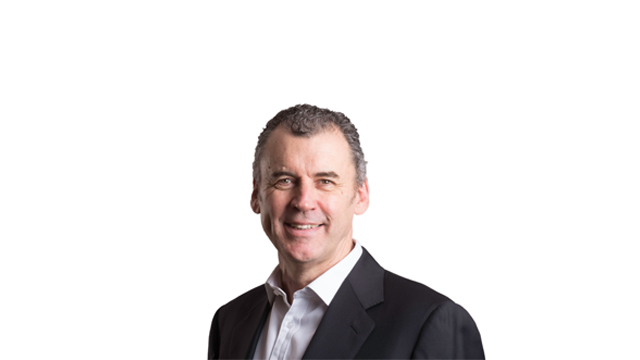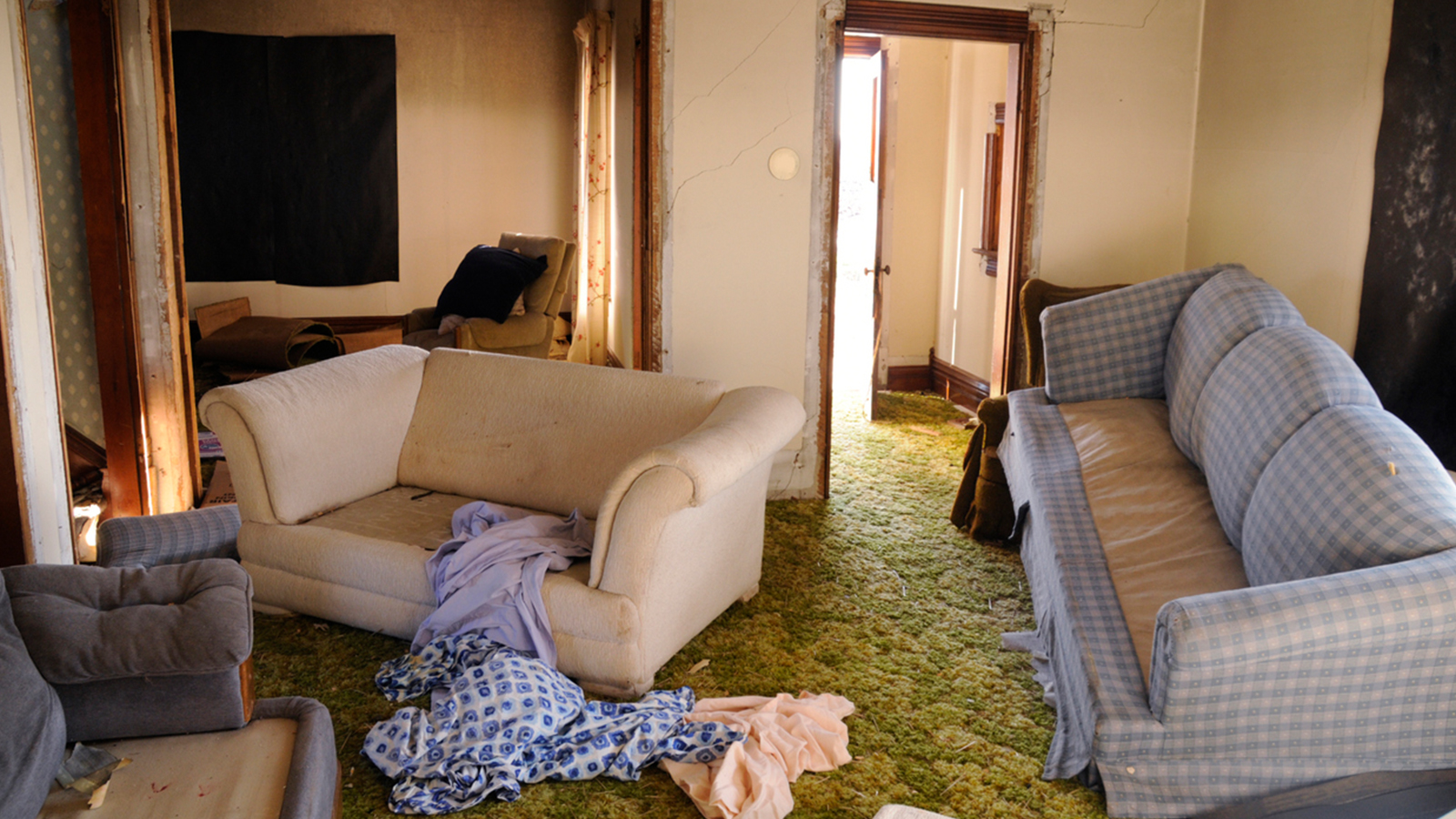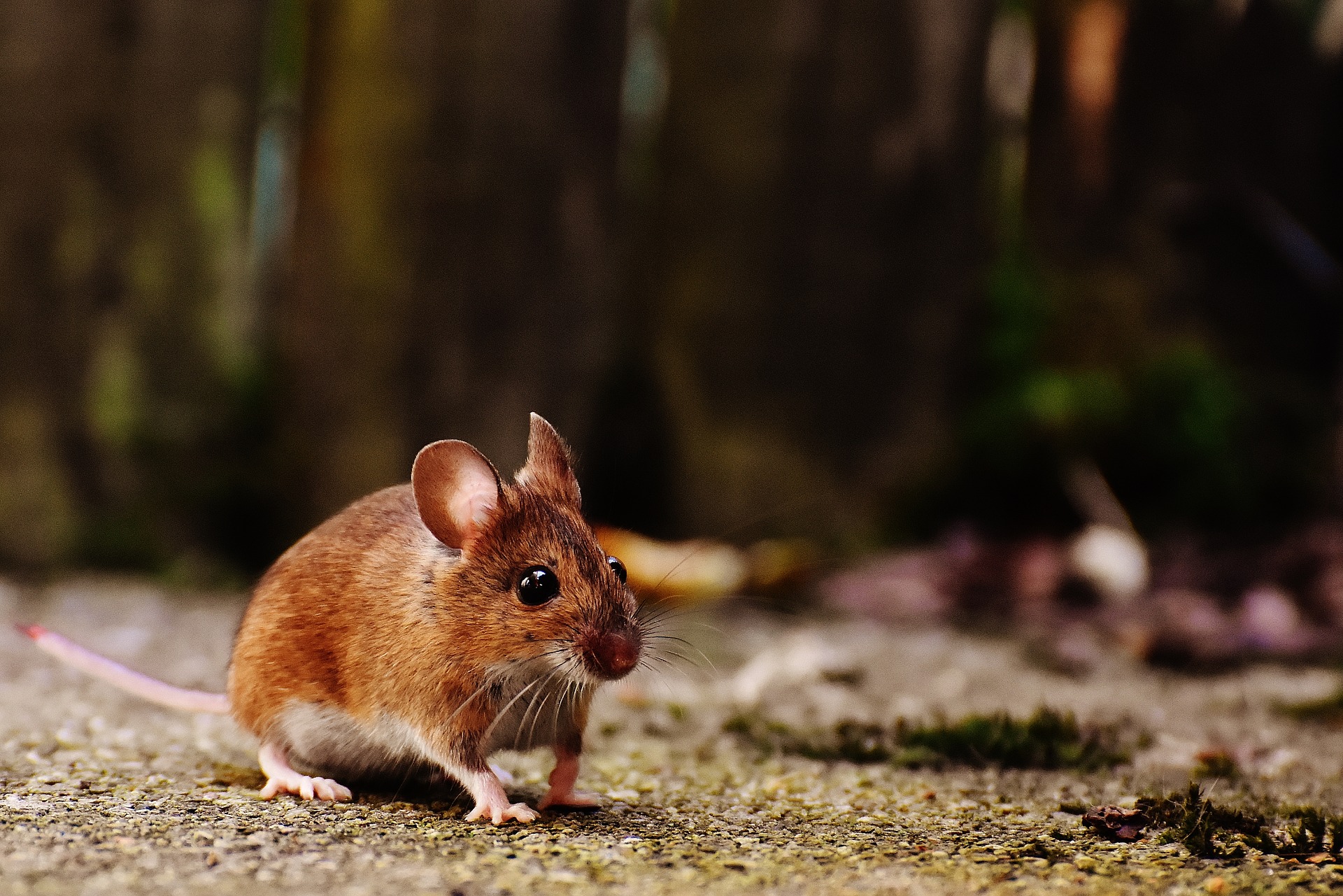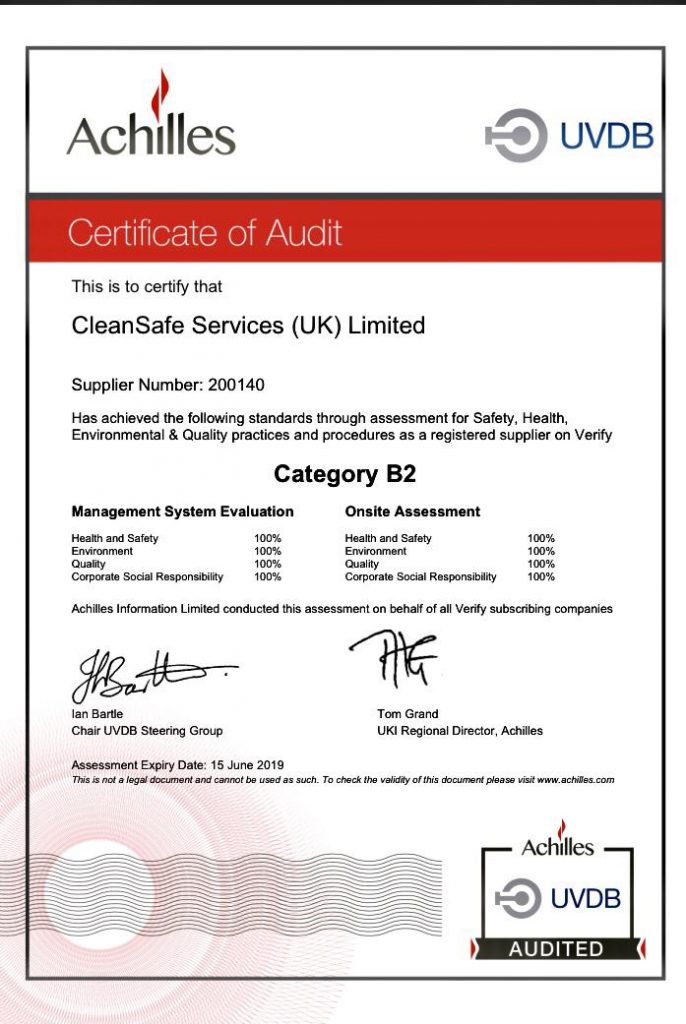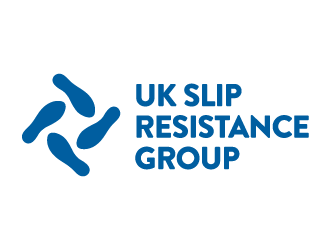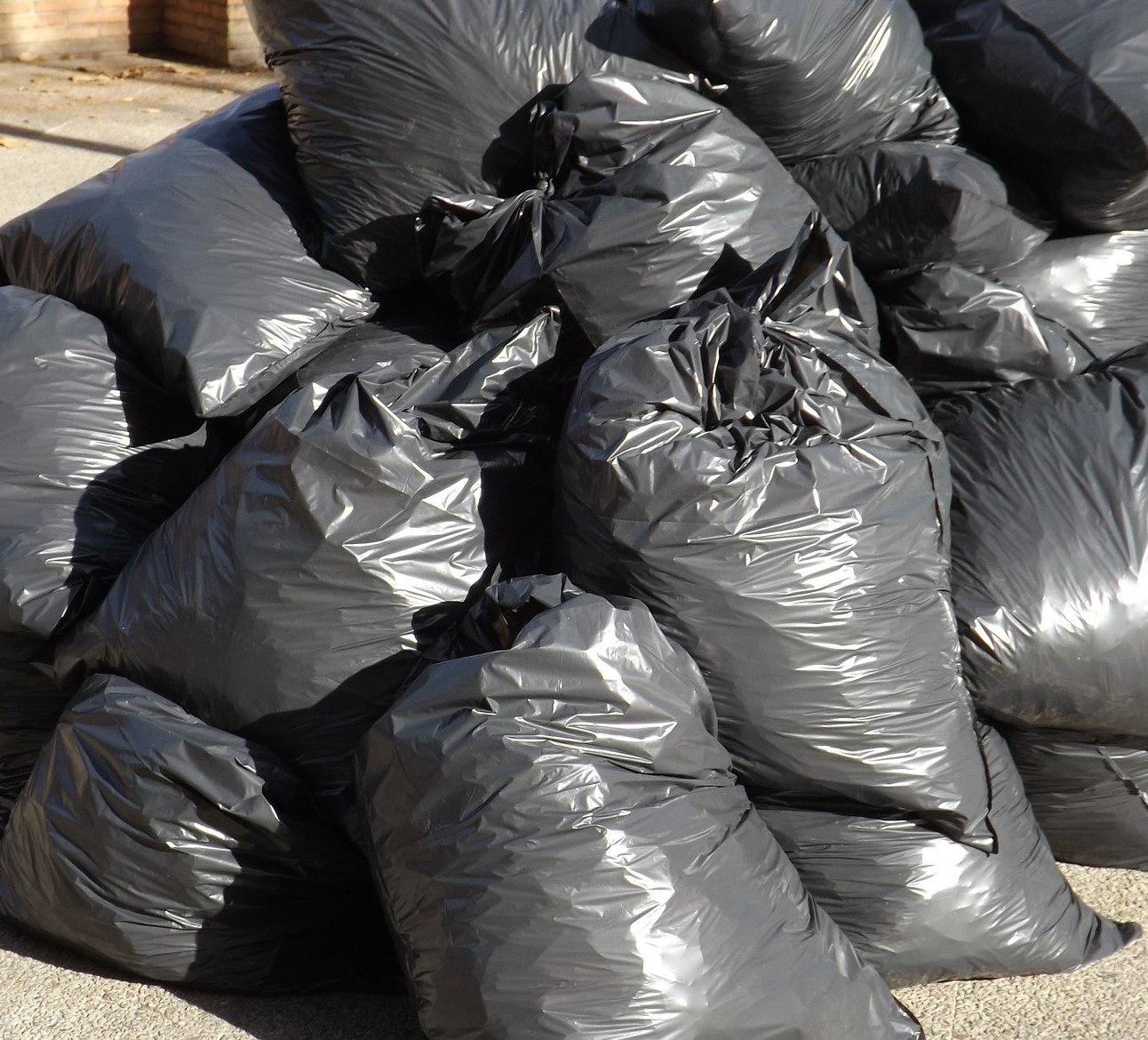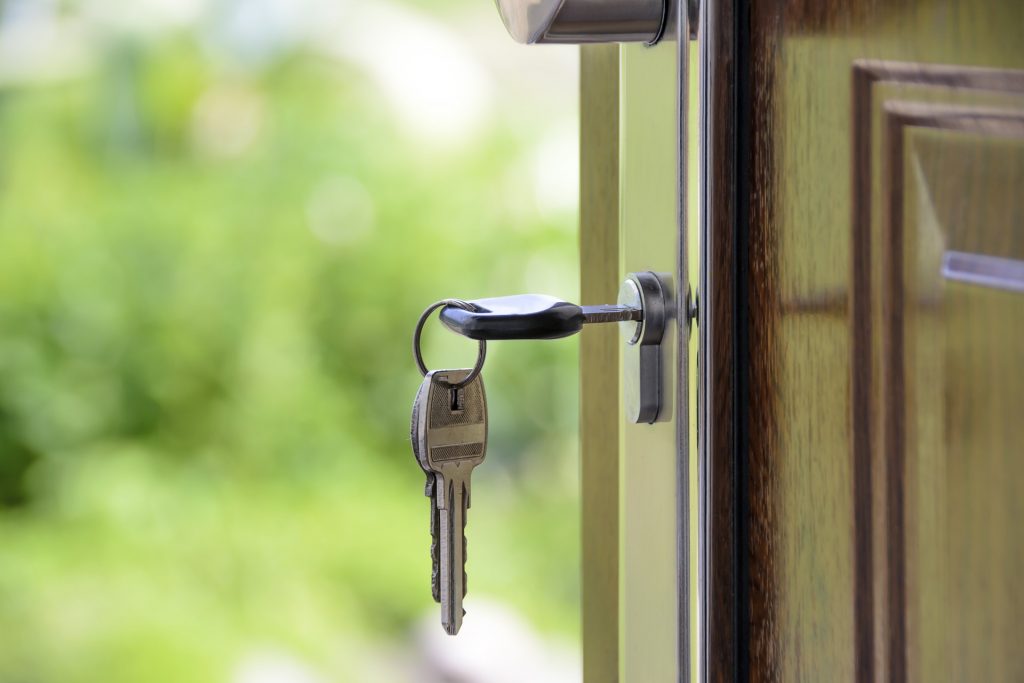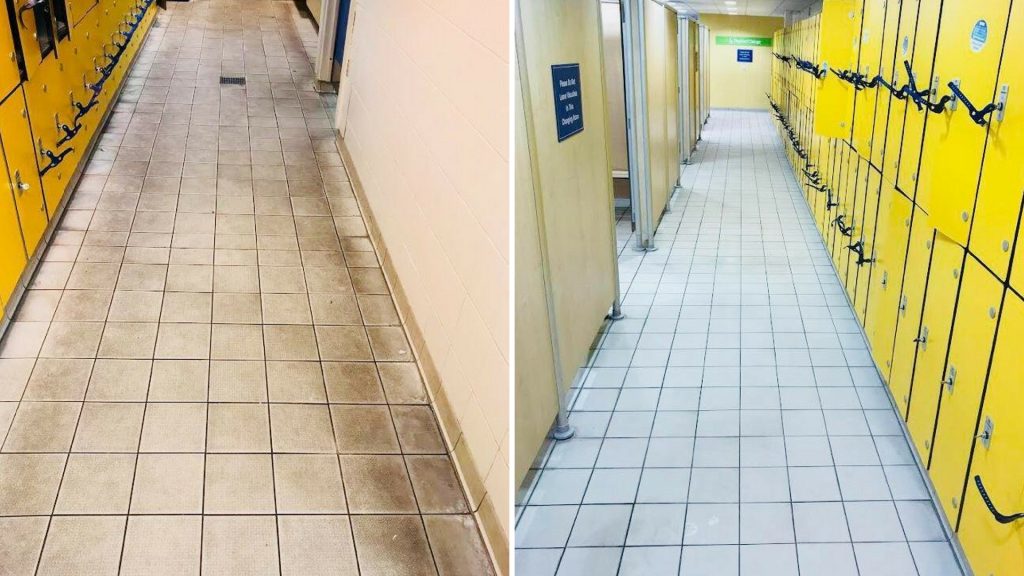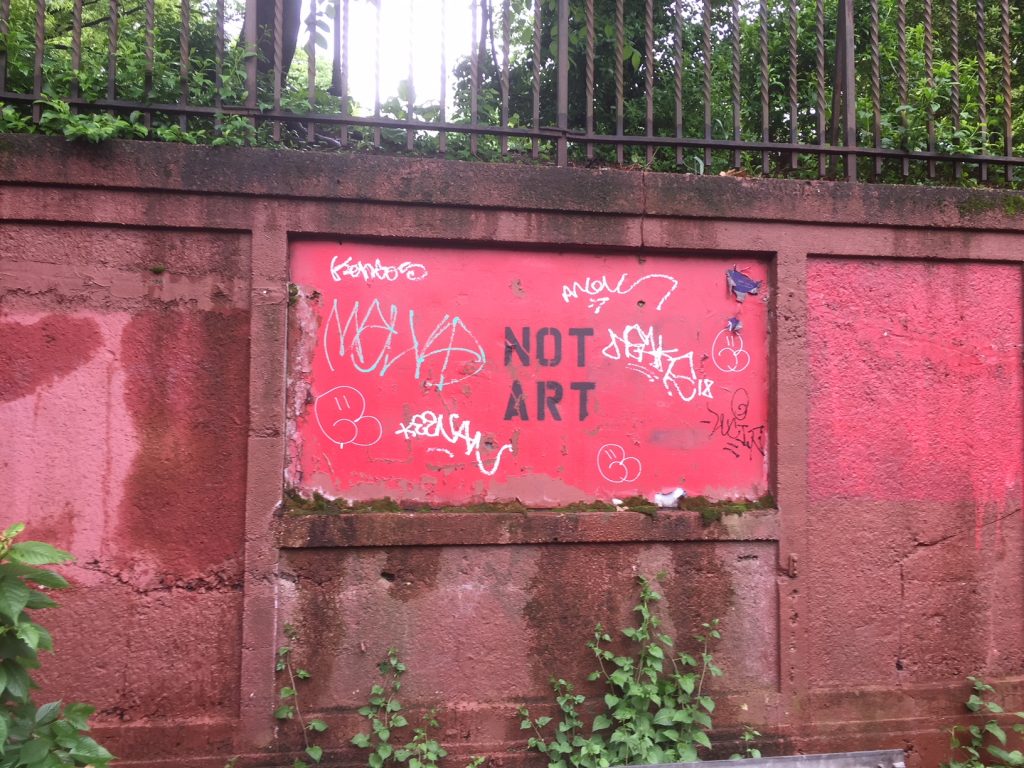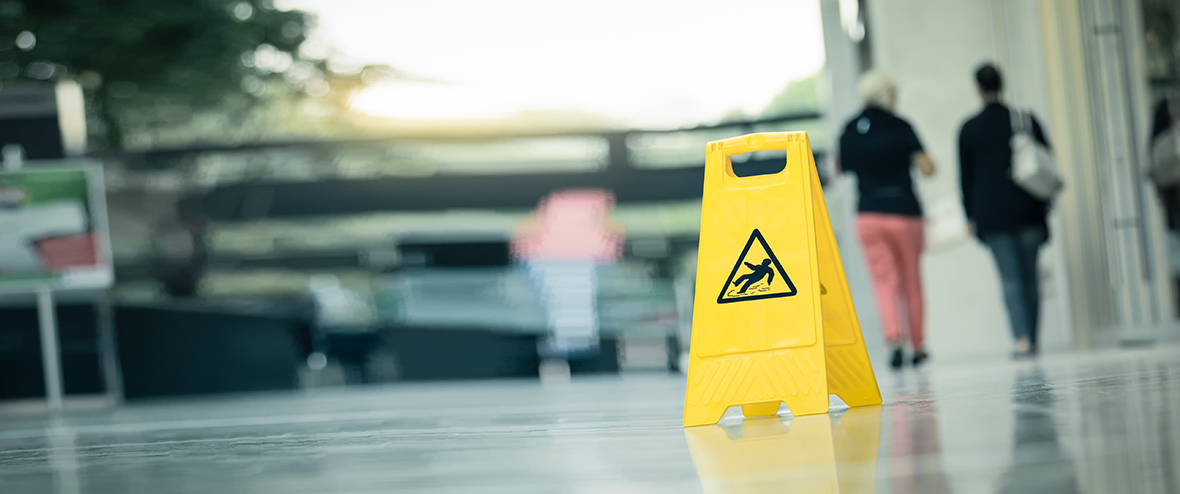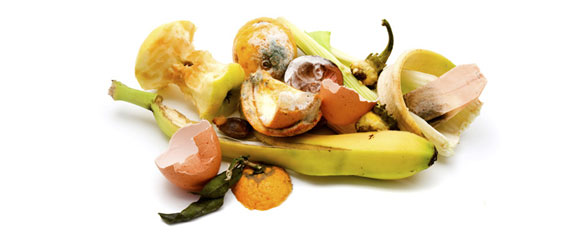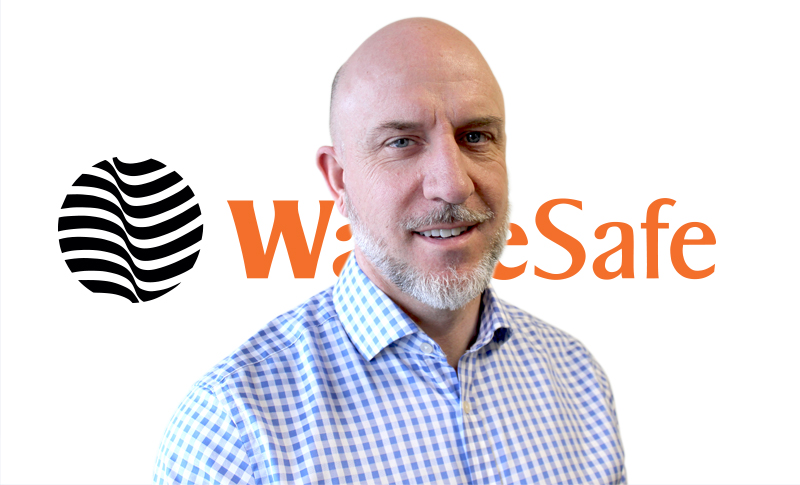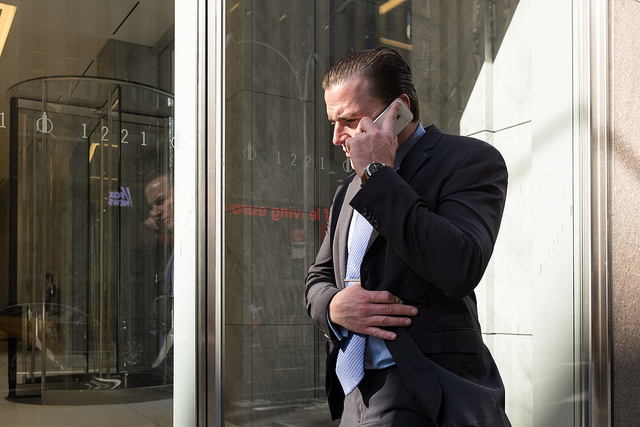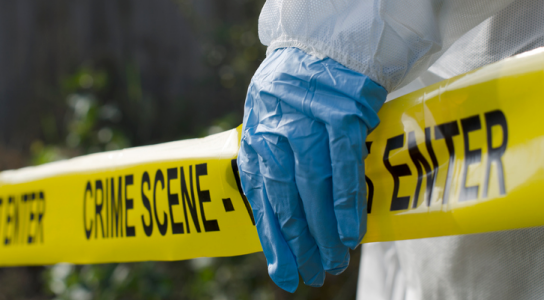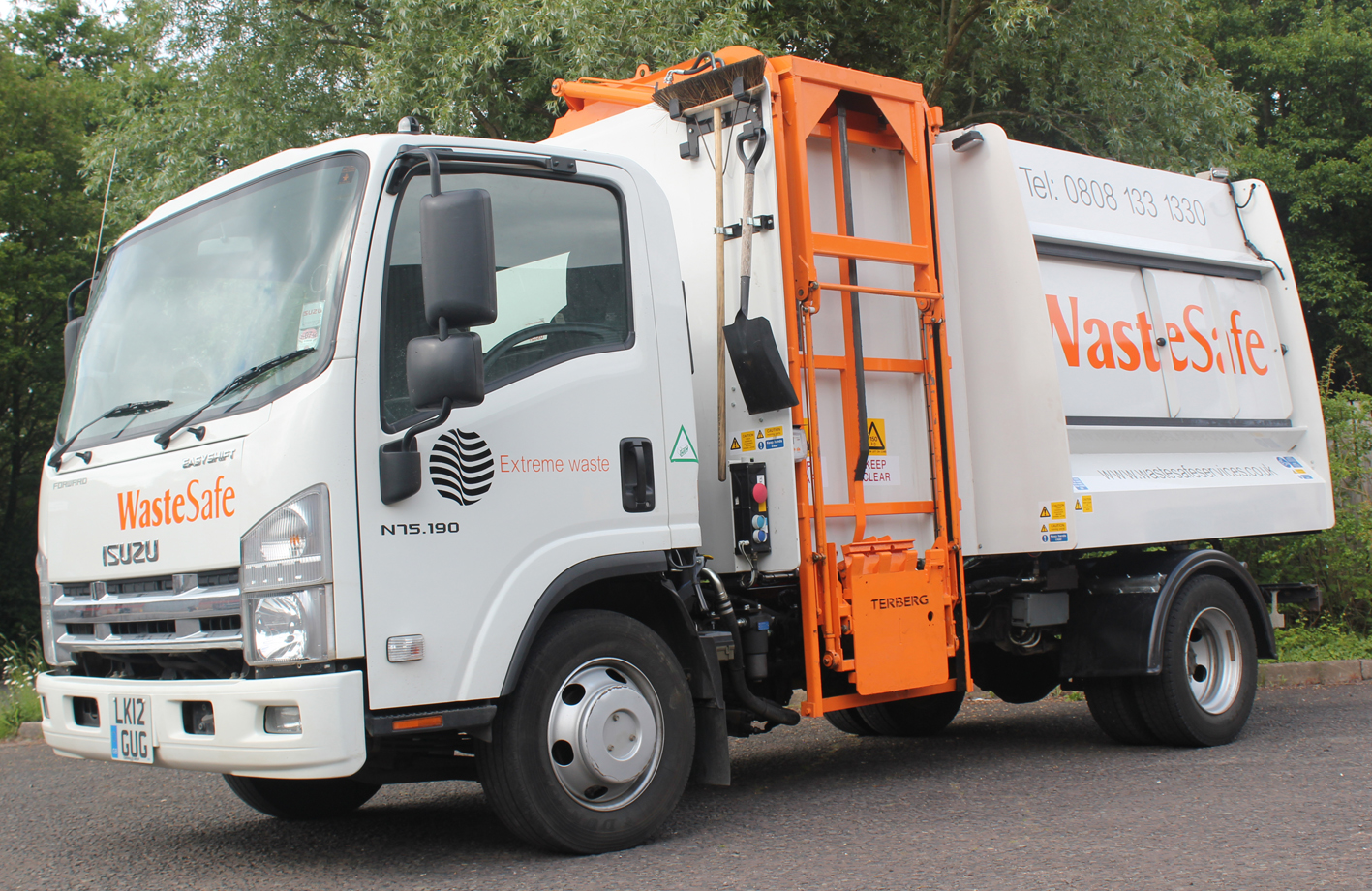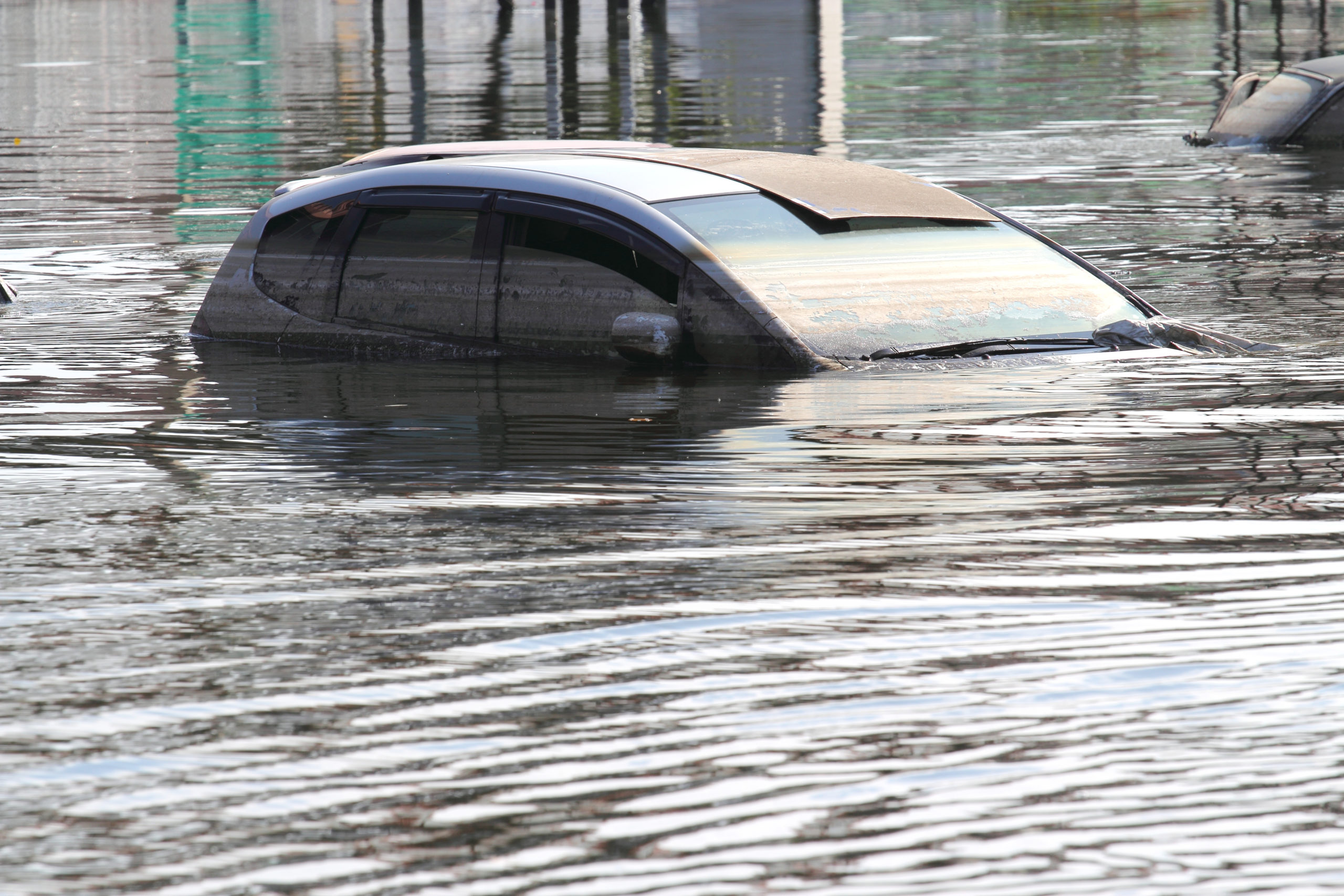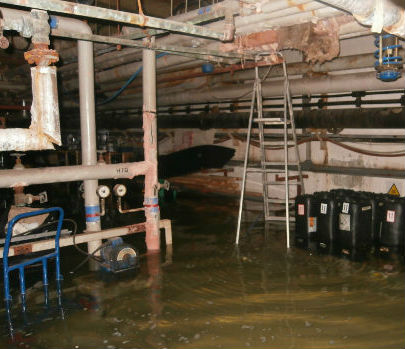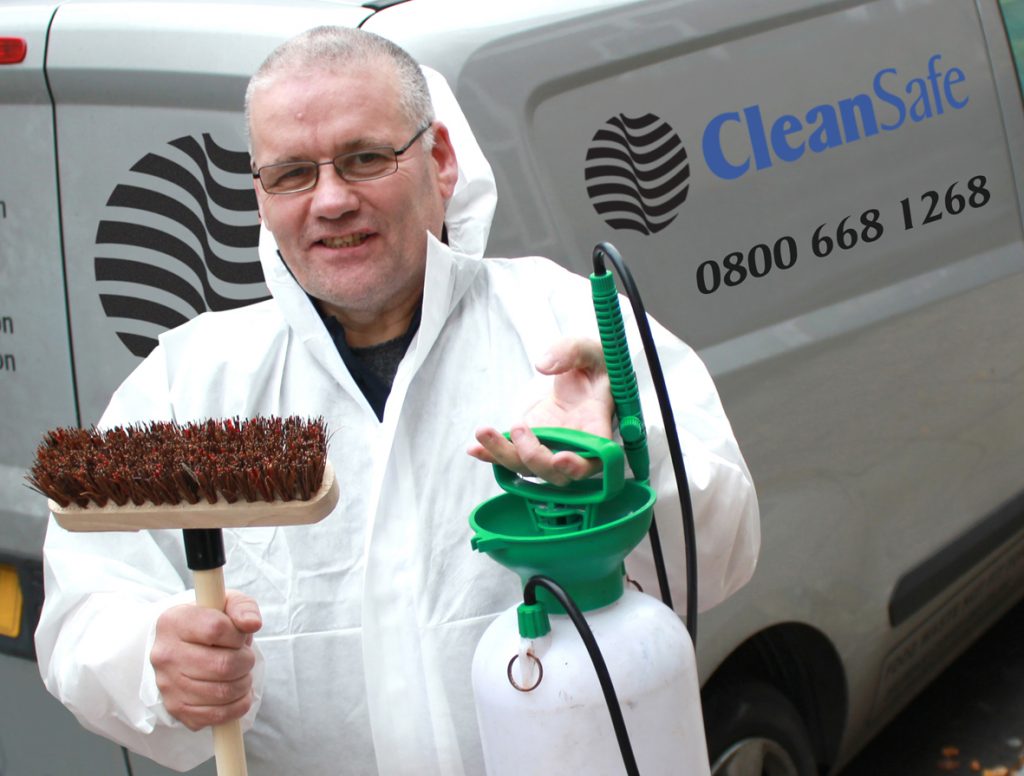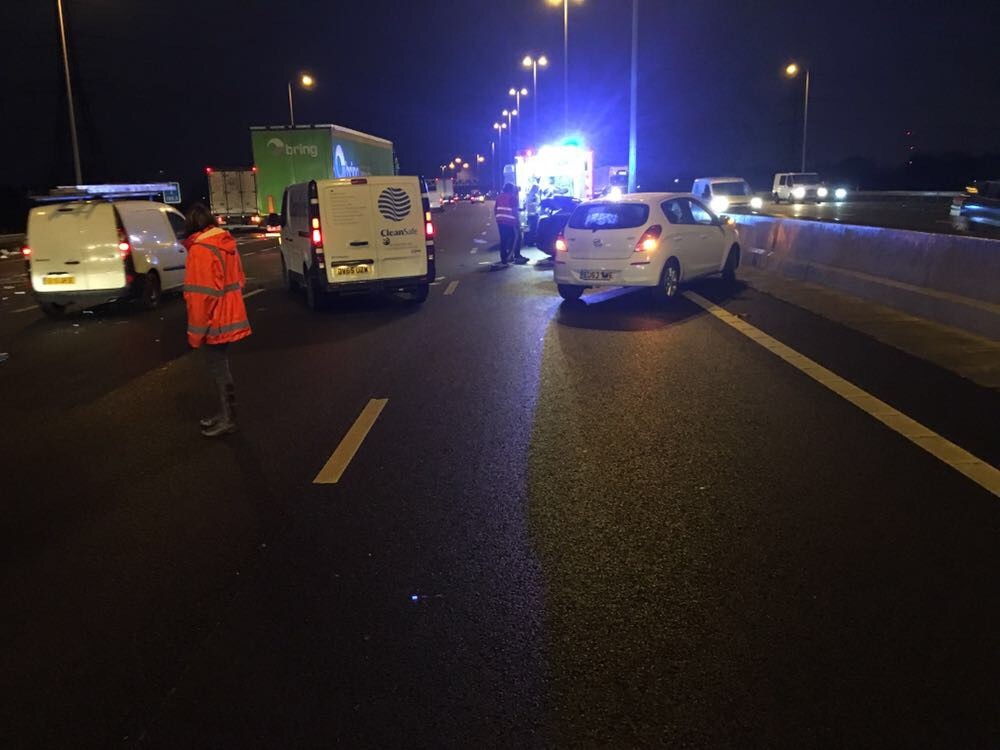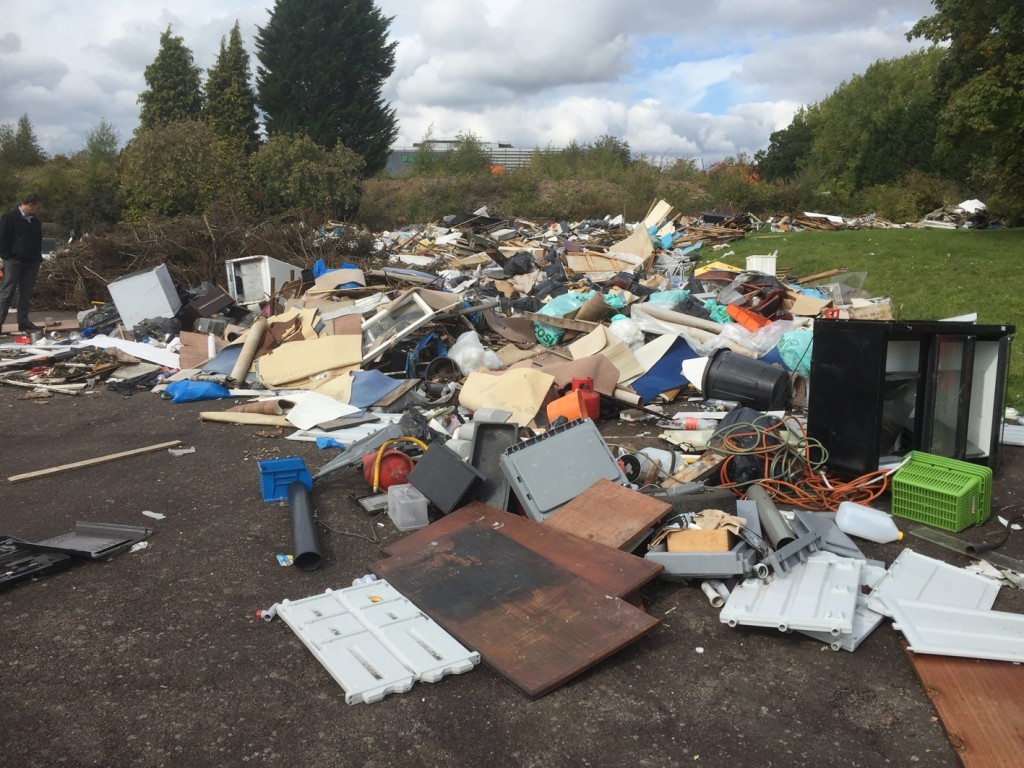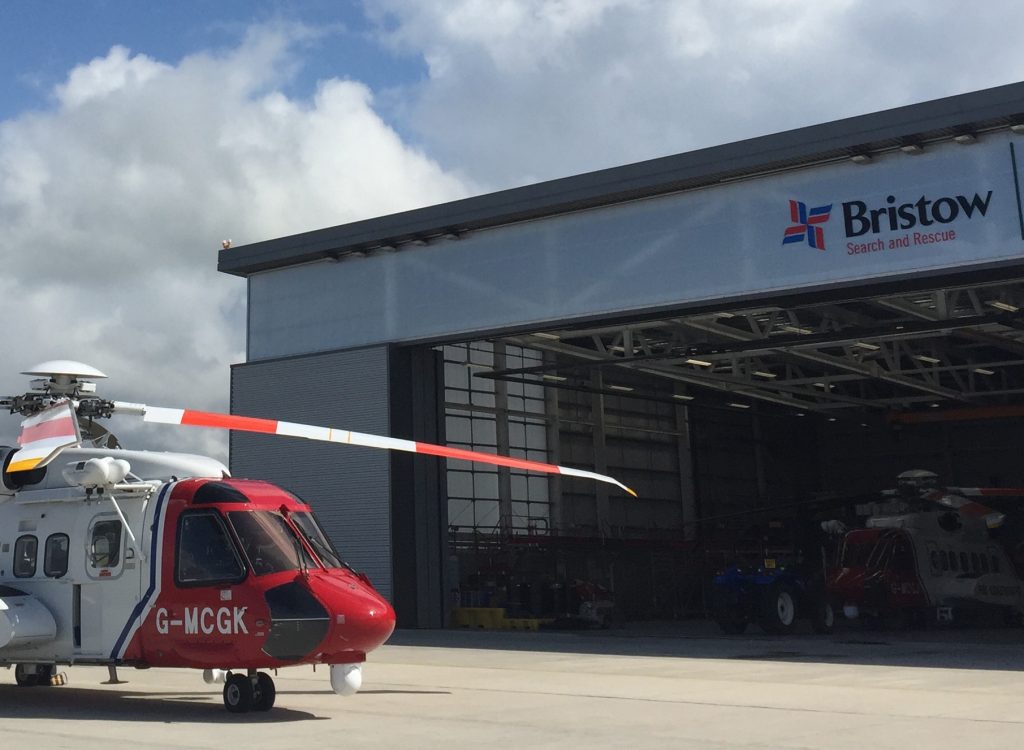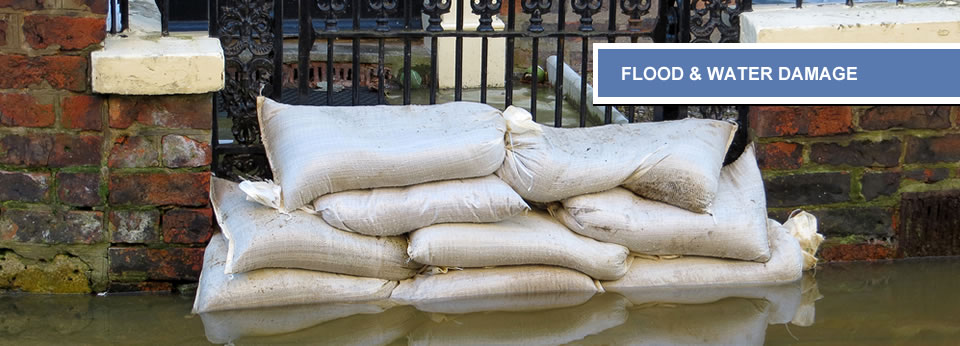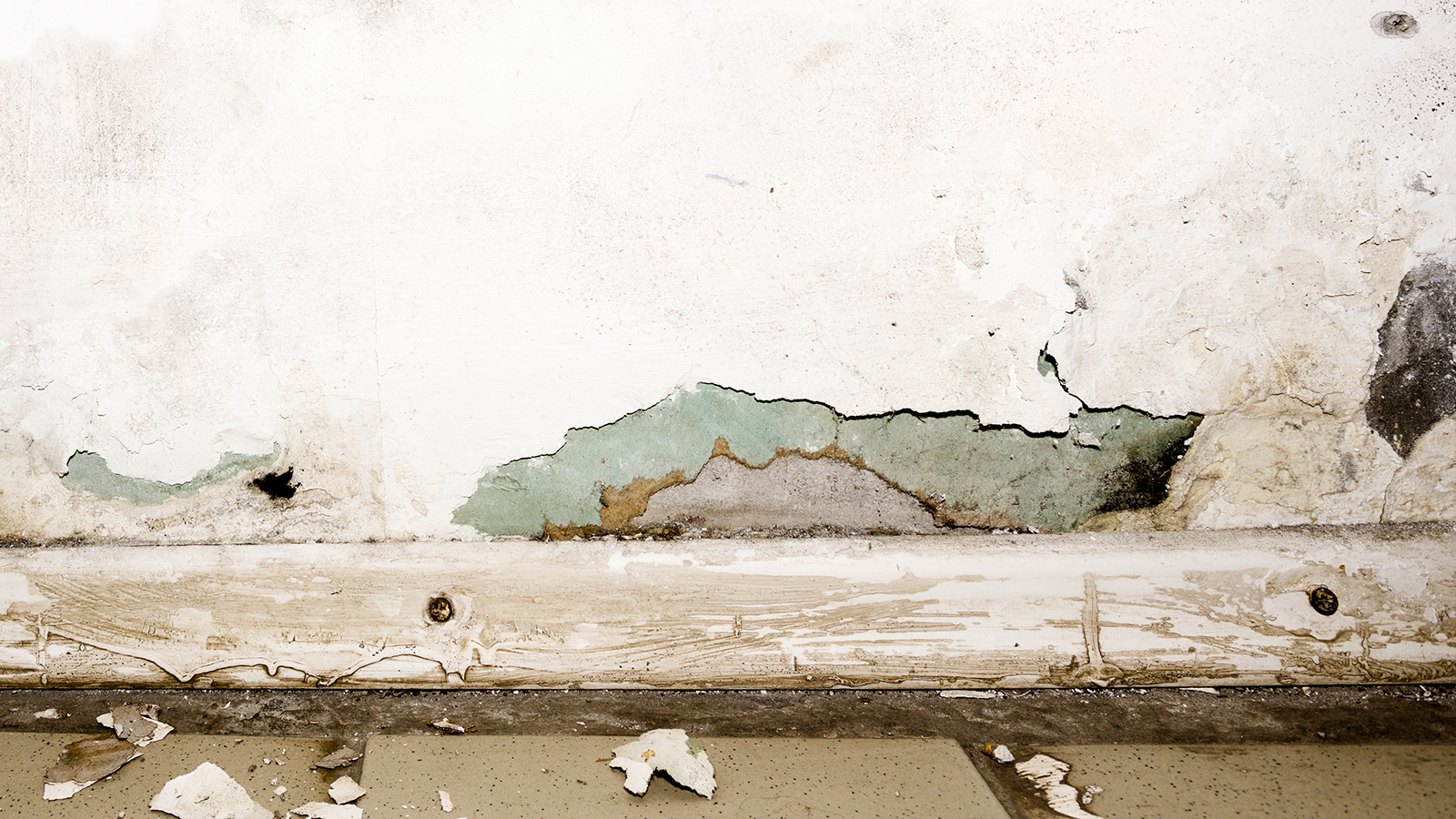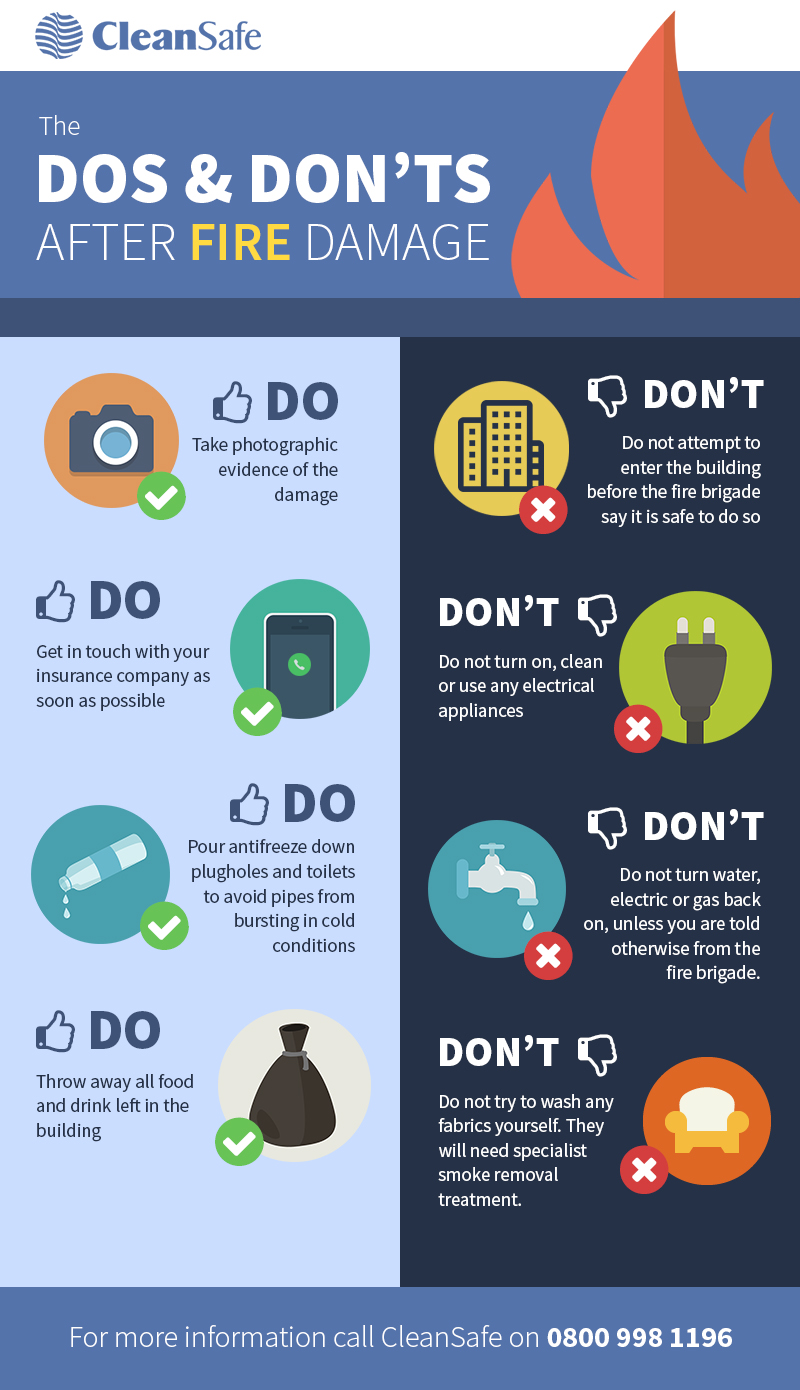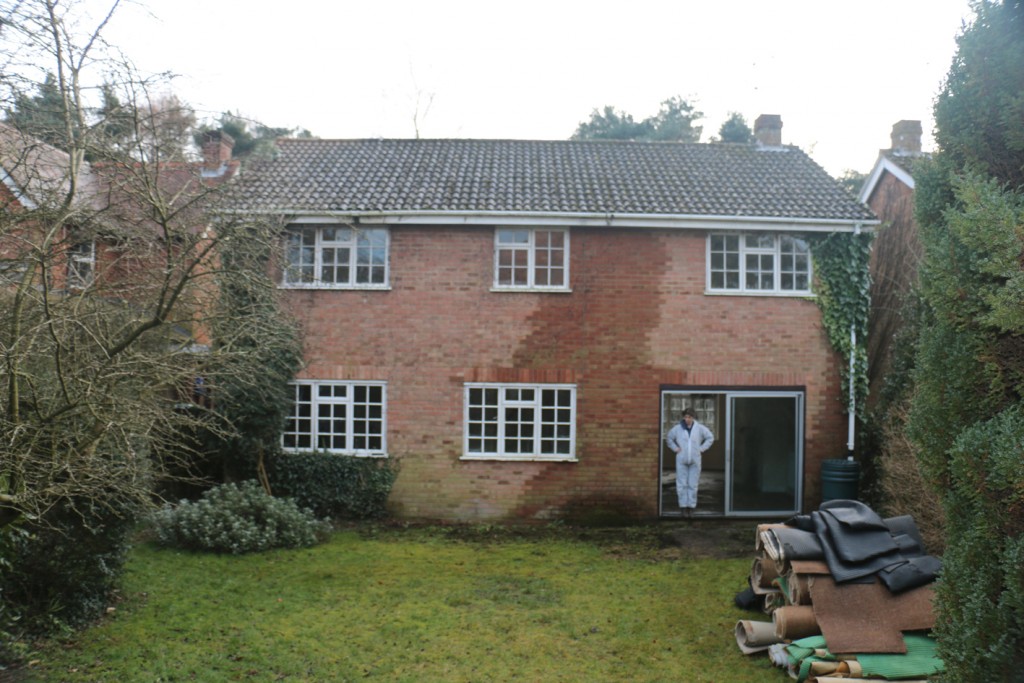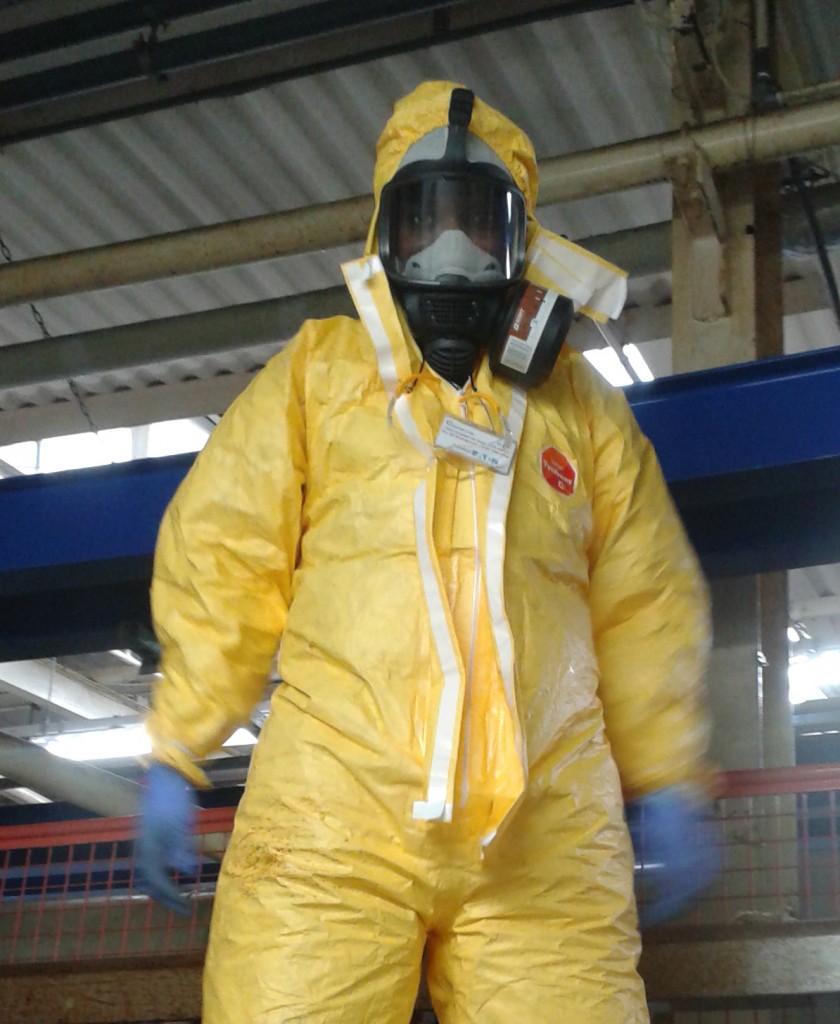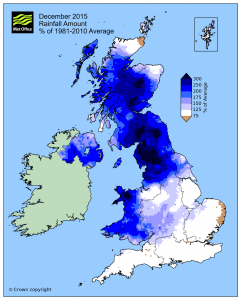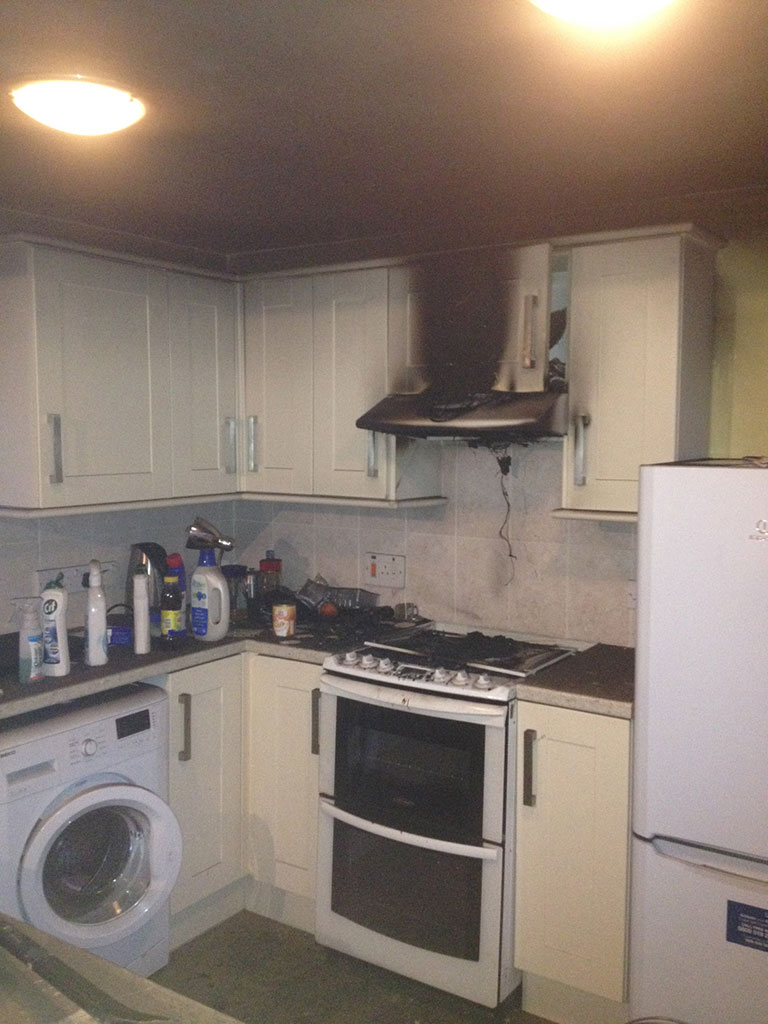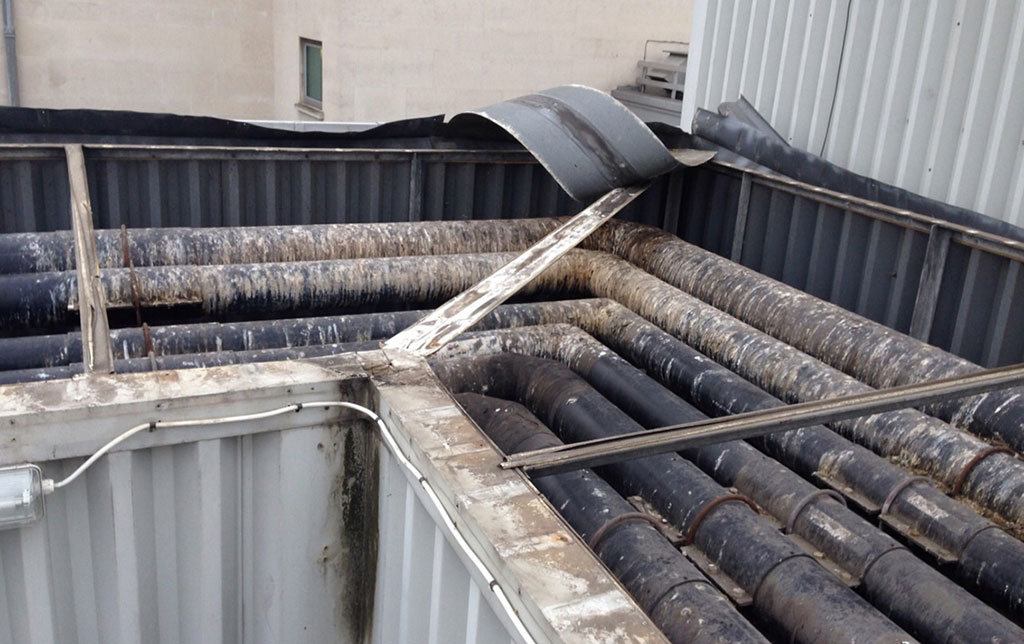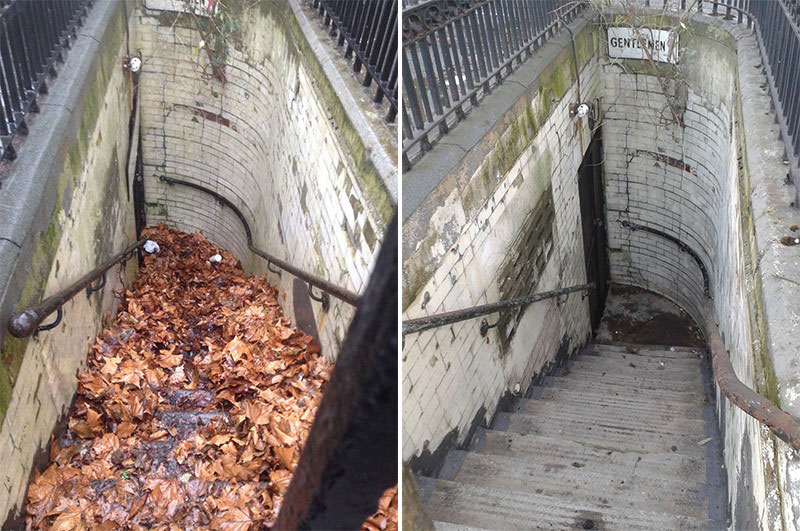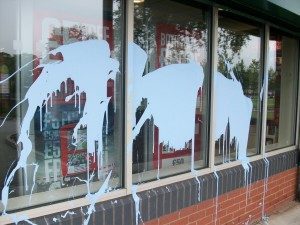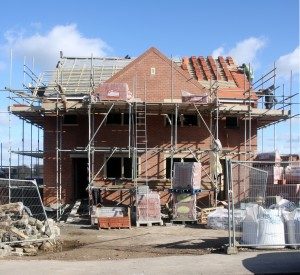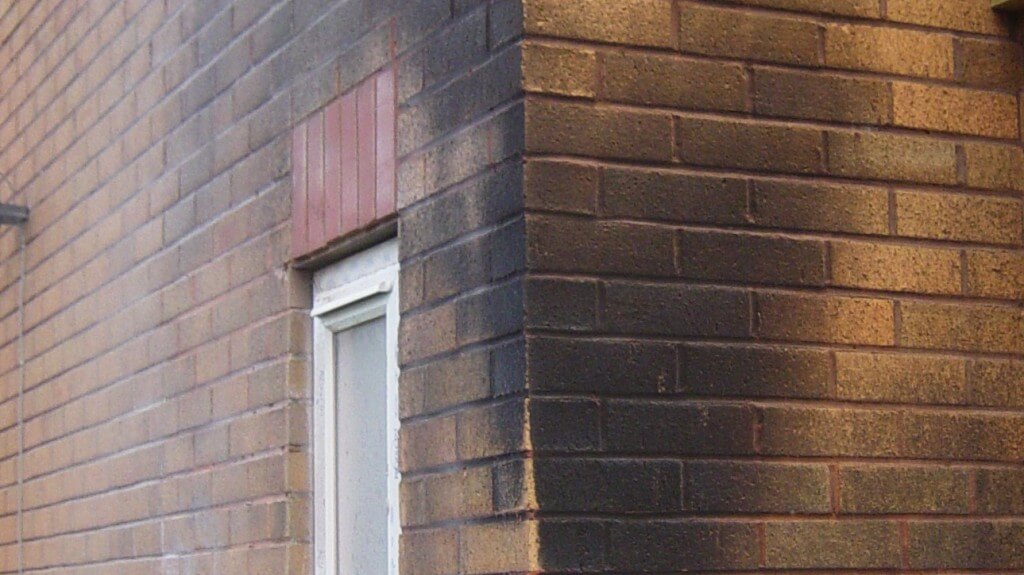Many restaurants and cafes are trying to cut costs by skimping on kitchen extraction cleaning, increasing the risk of fire on their premises.
Matthew Bottrell, Northern Operations Manager for CleanSafe Services, says it could be a devastating false-saving, if a fire breaks out causing serious damage to a business, both physical and reputational.
He added: “We work with a lot of responsible restaurants and food premises, providing kitchen deep cleaning services, including cleaning extraction systems and associated ducting.
“But there are many restaurants, cafes and hotels that try to save money on kitchen extraction cleaning. With profit margins tight and sometimes uncertain, it’s an understandable temptation.
“In the longer-term it could prove to be a mistake, as a build-up of grease in kitchen ducting systems can greatly increase the risk of fire, and may cause a business’s fire insurance to be invalidated.
“What is more, greasy kitchen ducts are a haven for bacteria that could contaminate food.”
The London Fire Service says it responds to an average of one kitchen ducting fire every day, many of which have been caused by inadequate cleaning of extraction systems.
Under the Regulatory Reform (Fire Safety) Order 2005, kitchen extraction systems need to be included in fire risk assessments. Failure to carry out proper cleaning and maintenance could be a breach of environmental health regulations, which could incur fines.
With the trend to install open kitchens where diners can see food being cooked, the issue is even more urgent, as the build-up of grease in extraction systems can result in fumes and bad smells wafting across the dining area.
Matthew Bottrell said: “I have eaten in restaurants myself where it is clear from the smells and smoke being generated in an open kitchen that the extraction system is barely working.
“Once a fire starts in a kitchen ducts, they can be very difficult to put out. Often fire crews are forced to literally rip them apart to get to the seat of the fire, adding to the significant cost for the business owner.”
The answers is to have a proper maintenance regime in place for kitchen deep cleaning, including a plan for regular cleaning of the kitchen extraction and ducting system.
CleanSafe’s kitchen extraction cleaning service uses the most effective techniques and cleaning products to ensure grease, dirt and bacteria cannot build up in kitchen extraction and ducting systems.
CleanSafe can advise restaurants, cafes and hotels on the best maintenance plan for kitchen extraction cleaning on their premises, based on the food being cooked, the design of the extraction system and how heavily it is used.
As a general rule:
- For heavy use, 12 to 16 hours a day, kitchen ducting should be cleaned every three months
- For moderate use, 6 to 12 hours, it should be every six months;
- For light use, 2 to 6 hours, it should be at least every 12 months.
But where there is heavy use of deep fat frying or cooking over wood or charcoal, kitchen ductwork might need to be cleaned more frequently.
For more information on CleanSafe’s kitchen deep clean service, and kitchen duct cleaning in particular, call 0800 668 1268,.


